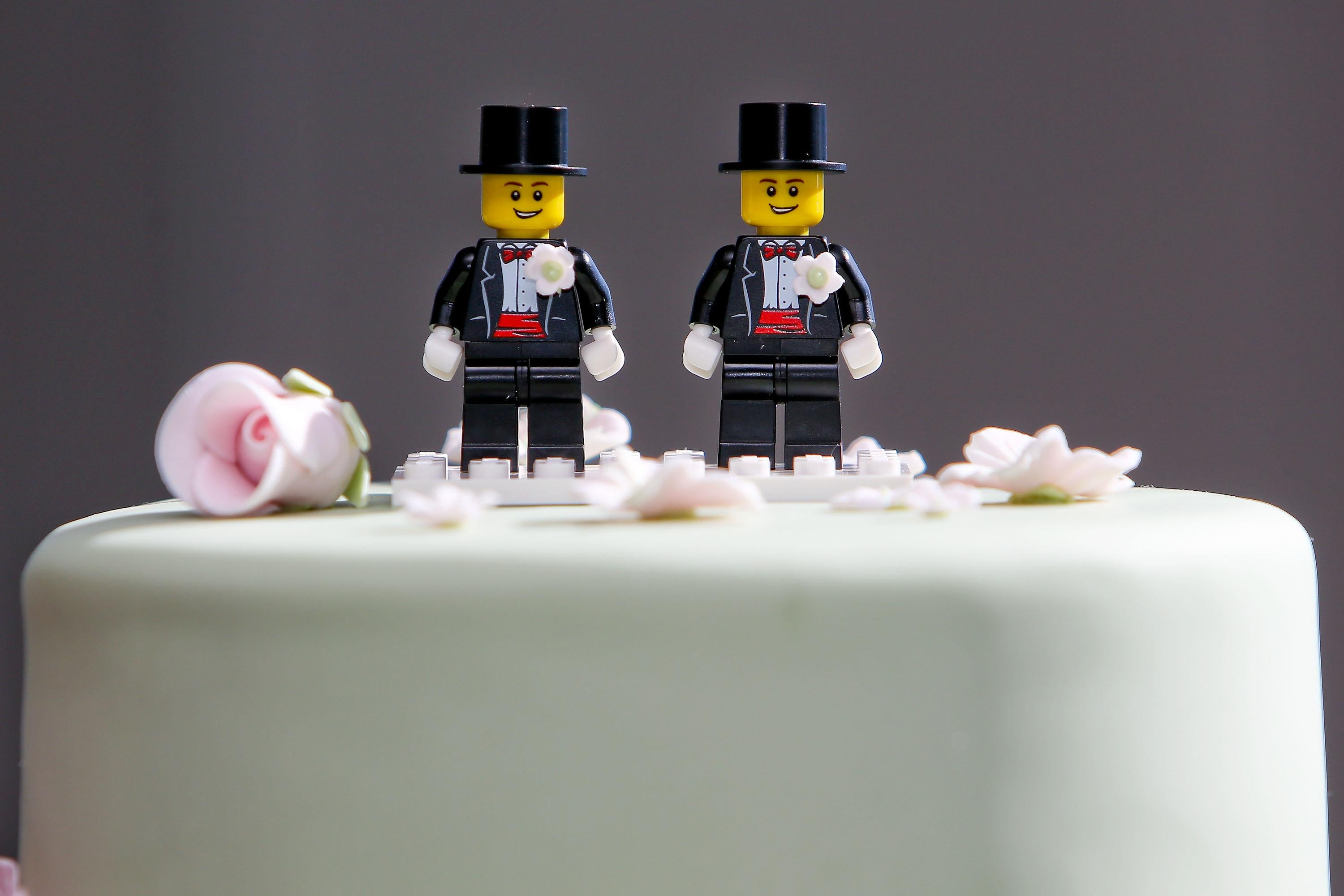Evolutionary psychologists say that embarrassment is a useful social emotion, keeping us from acting out in ways that would get us banished from the Pleistocene campfire. If so, it joins the ranks of terribly useful, terribly terrible things like rabies shots, CPR training, and watching Miley twerk so that you can “take part in the cultural conversation.”
Yet is our relationship with embarrassment changing in the social media age? As apps beam our private moments around the Internet and privacy dwindles (hi, NSA!), has humiliation, large and small, become more a part of the air we breathe? Are we more embarrassed than ever before, more likely to fantasize about retiring permanently to a broom closet—or, perhaps, increasingly thick-skinned?
Neither, according to Mark Leary, a professor of psychology and neuroscience who studies shame and directs the social psychology program at Duke University. The advent of Facebook, Instagram, et al may have increased opportunities for humiliation, he told me, but norms have also shifted; the airing of certain intimate details no longer strikes us as embarrassing. We haven’t grown tougher—in fact, we’re more likely to be offended by negativity than we were 30 years ago—but we don’t cringe at the same disclosures we once did. Leary remembers the apt Doobie Brothers lyric: “What were once vices are now habits.”
And what about our friends, colleagues, and associates? Do they embarrass us? Do we embarrass them? How far do the borders of self extend? For all of Leary’s interest in how you feel about the piece of spinach you just realized is stuck to your front tooth, he is even more intrigued by how your spouse feels about it.
Because, according to a Wall Street Journal article published Monday that outlines one line of Leary’s research, spousal embarrassment is a thing that exists. “The number of ways for spouses to embarrass each other is almost endless,” the article’s author, Elizabeth Bernstein, quotes him as saying. Indeed! Spouses can be embarrassing because they “represent one another,” Leary says, although the shame is often complicated by feelings of loyalty. According to Leary, a loss of control can make being mortified by your other (dumber) half even worse than drawing mortification upon yourself: “It’s the uncertainty that gets us. How bad is this going to get?”
Spousal mortification may take four possible forms. Empathic embarrassment—the rarest of the four—occurs when your hubby humiliates himself in a way that does not tarnish your own image. Maybe he spills wine on his shirt or stumbles over a shoelace; you feel pain on his behalf, but it’s an understanding, oh the humanity sort of pain. Then there is reflective embarrassment, which reflects on you. Your wife gets into an argument with the cab driver about routes and raises her voice. You cringe, imagining that the cab driver is judging you for marrying a jerk. Third is one-sided embarrassment—something your spouse is doing makes you want to sink into the floor, and she just doesn’t get it. He thinks speaking in a fake Italian accent to the waiter in the trattoria is cute. This type of embarrassment, Leary helpfully observes, “often leads to conflict.” The last variety, targeted embarrassment, singles you out for mockery, perhaps by revealing intimate details about your snoring or bathroom habits. It doesn’t have to be intentional, but targeted embarrassment is often relationship DDT.
So what do you do when your life partner makes you want to origami yourself into a 1-mm packet of inconspicuousness? Leary recommends a few different strategies. You could talk to her about it in compassionate, nonconfrontational language. (So not: When you do this, I crave the impervious hush of the grave.) You could seek out a marriage counselor. Or maybe, just maybe, you could relax and let it go. After all, perhaps your spouse has merely figured out that blushing makes you look irresistibly attractive.
